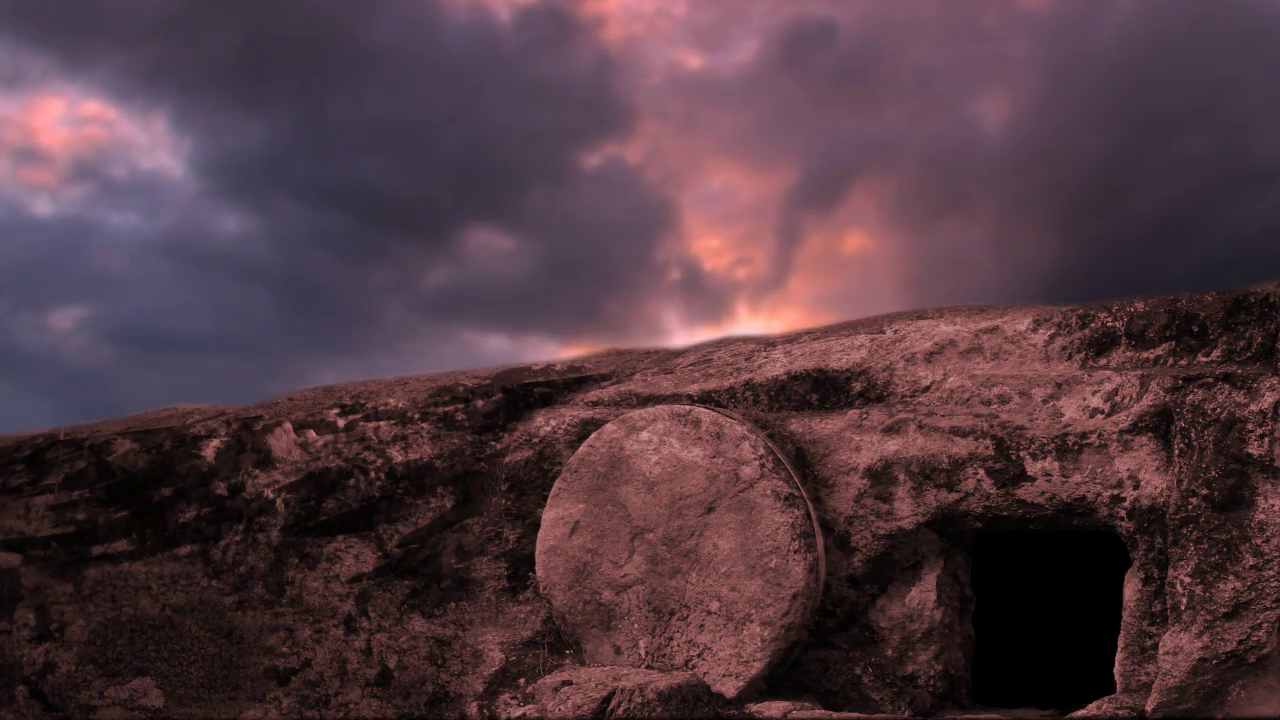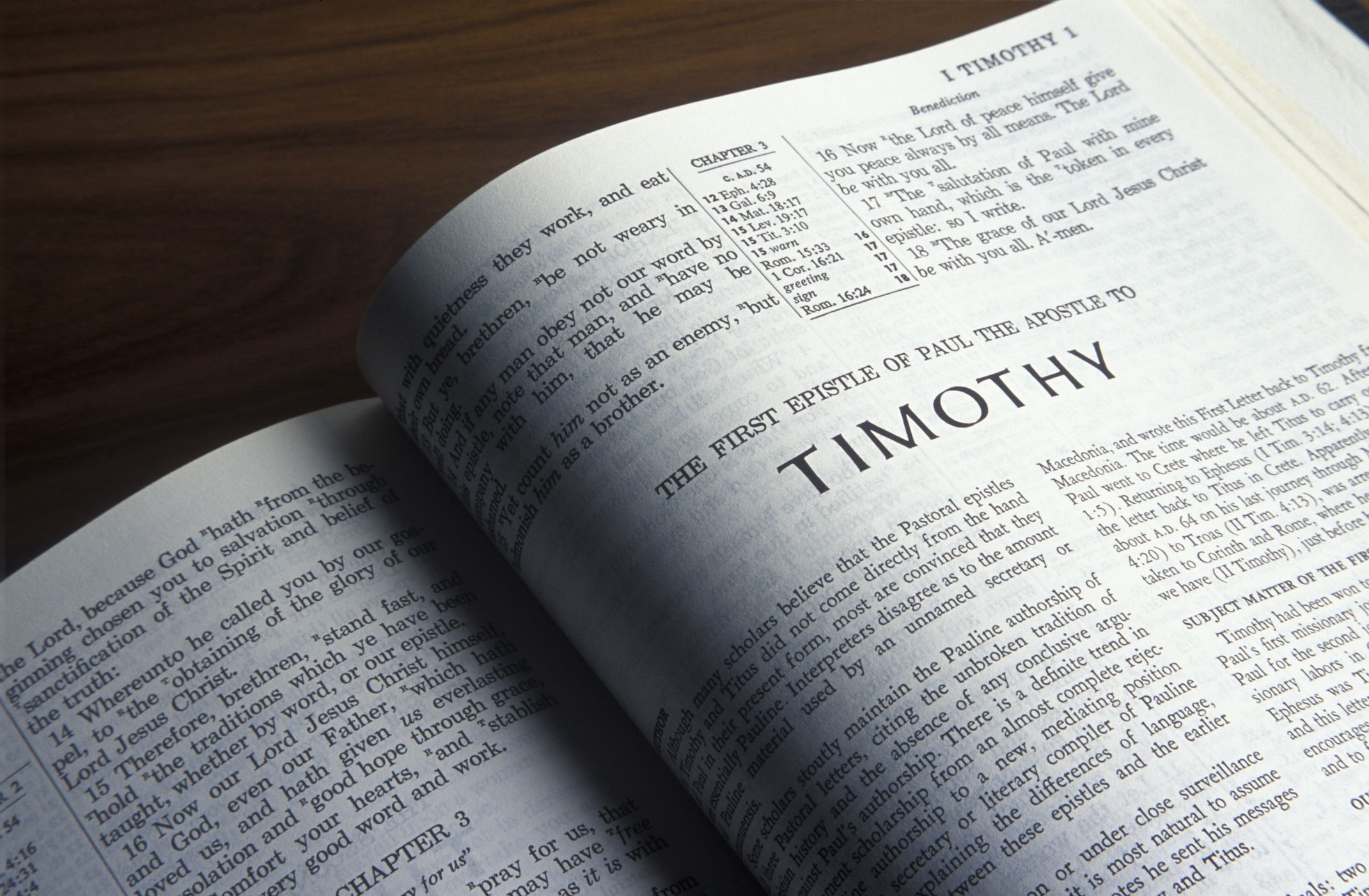
Sermons on the Minor Prophets: The Book of Jonah (1)
Most everyone knows the story of Jonah – a reluctant Hebrew prophet who was thrown overboard by his terrified shipmates, only to be swallowed by a big fish (usually assumed to be a whale) and then spend three days and nights in the fish’s belly, before being vomited up by the fish on a foreign shore, forcing Jonah to go and preach to the Ninevites, who repented en masse when Jonah–however reluctantly–finally fulfilled his evangelistic mission. The story is simple enough it can be understood by a child, but complex enough that theologians and biblical scholars still debate its meaning. The Book of Jonah is next up in our series on the Minor Prophets. Lord willing, we’ll spend four weeks in this book before we tackle the next of the Minor Prophets, Hosea.
Whenever we begin a study of any new book of the Bible it is important to ask and answer several questions to make sure we interpret the book and its message correctly. Who was Jonah, when did he live, why did he write this book, and what is in it? How does this particular prophecy compare with the other Minor Prophets (the Twelve)? These questions are especially important with a book like Jonah, which many think to be an allegory or a moral fable, seeing the story as so implausible that it cannot possibly be speaking of historical events. How can someone be swallowed alive by a whale and live for three days? No, the critics say, this cannot be history, so it must be an allegory, a teaching parable, or a work of fiction, designed to teach us some important spiritual or moral truth.
When we interpret Jonah’s prophecy through this fictional lens, the reader’s focus usually falls upon Jonah himself, the prime example of a reluctant prophet who refuses to obey God’s will. By not obeying God, Jonah finds himself in the belly of a whale, until God relents and the whale then spits Jonah out safe and sound–if a bit shook up. The moral to the story is that should God call you to do something you do not want to do, learn the lesson of the story of Jonah. Obey the Lord and avoid the kind of calamity which comes upon those who, like Jonah, will not do what they know God wants them to do.
But when we ask and then answer the “Who?” “When?” “Why?” and “What?” questions, it becomes clear that Jonah’s prophecy is not an allegory, nor does it offer such a trivial and moralistic message. This is not a “once upon a time in a land far away” kind of book. The prophecy opens with Jonah’s personal ancestry–revealing the name of his father enabling us to compare other biblical references to this family, thereby tying Jonah’s ministry directly to the reign of Jeroboam II, one of the last rulers of Israel (the Northern Kingdom)–as we saw in our just concluded series on Amos, and in our introductory sermons on the Minor Prophets.
Jonah’s prophecy comes in the form of a prophetic narrative (much like 1 and 2 Kings) with a song/Psalm included within the narrative (chapter 2). It is clearly set in a particular period of time–the final days of Israel (the Northern Kingdom). Yet unlike the books of the Kings, the Book of Jonah does not emphasize God’s prophet’s obedience to undertake a difficult prophetic call. On the contrary, the Book of Jonah focuses upon the prophet’s determined reluctance to fulfill his mission. But what is that mission? That is the critical question not often properly considered.
When the reader steps back from the sensational particulars of the story–the sailors and the storm, the big fish, the three days–what becomes clear is that God’s ultimate purpose (whether Jonah responds appropriately to that purpose or not) is to extend salvation into the heart of the same nation (Assyria) which is about to invade Israel (the Northern Kingdom), wiping Israel out and killing, capturing, or exiling its inhabitants. Jonah’s reluctance to preach YHWH’s message to Israel’s enemy highlights the importance of that message–even in the days of Israel and Judah (mid 700's B.C.), YHWH’s gracious purpose is to save sinners, and that purpose is not limited just to Israel.
To read the rest of this sermon: Click Here
 Friday, May 10, 2019 at 10:19AM
Friday, May 10, 2019 at 10:19AM 










